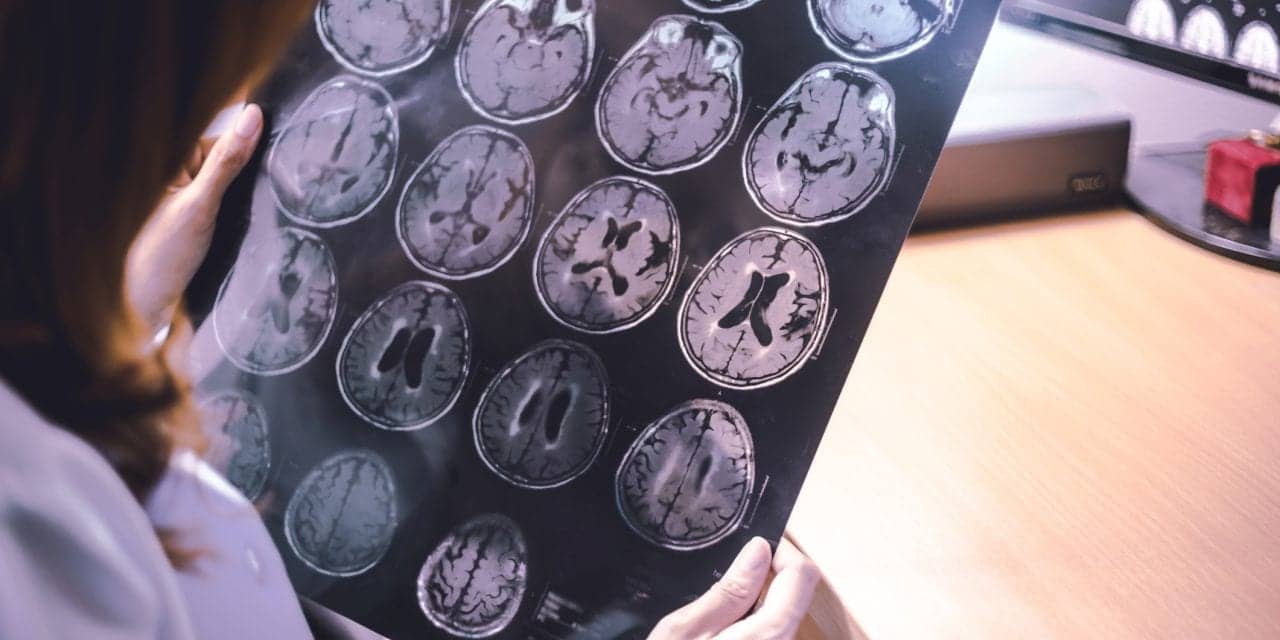An article by Personal Health Columnist Jane Brody in the New York Times examines the findings from a recent study of so-called “cognitive super-agers,” people who have aged to 100 with their cognitive faculties as sharp as if they were 30 years younger.
Related article: Researchers Explain Link Between Hearing Loss, Dementia
The study Brody cites took place at Vrije University in Amsterdam and was published in JAMA Network Open in January, involving 340 healthy Dutch centenarians living independently. The research team found “that these participants experienced no decline in major cognitive measures, except for a slight loss in memory function,” similar to what would be expected if they were three decades younger, according to the article.
Of the group, 44 participants whose brains were donated after death were found to have “substantial neuropathology common to people with Alzheimer’s disease,” despite being cognitively healthy for up to four years beyond age 100, the NY Times reported.
Researchers believe these patients may be cognitively resilient or resistant to Alzheimer’s, or both. Resistance, according to the NY Times article, means that a person’s genes, lifestyle, or protective biological mechanisms may make them less likely to suffer brain damage. Resilience means that people with brain damage characteristic of Alzheimer’s may require “higher levels of brain damage before clinical symptoms appear,” according to researchers.
Factors like “higher level and better quality education; choosing occupations that deal with complex facts and data; consuming a Mediterranean-style diet; engaging in leisure activities; socializing with other people; and exercising regularly” may contribute to resilience, according to the NY Times article.
The article also stressed the importance of maintaining hearing function.
“I can’t emphasize enough how important it is for people to optimize their ability to hear,” said Dr Thomas T. Perls, a geriatrician at Boston University who was quoted in the NY Times article. “There’s a direct connection between hearing and preserving cognitive function. Being stubborn about wearing hearing aids is just silly. Hearing loss results in cognitive loss because you miss so much. You lose touch with your environment.”
To read the article in its entirety, please click here.
Original Papers: Beker N, Ganz A, Hulsman M, et al. Association of cognitive function trajectories in centenarians with postmortem neuropathology, physical health, and other risk factors for cognitive decline. JAMA Network Open. 2021;4(1):e2031654.
Perls TT. Cognitive trajectories and resilience in centenarians—Findings from the 100-plus study. JAMA Network Open. 2021;4(1):e2032538.
Source: NY Times, JAMA Network Open






